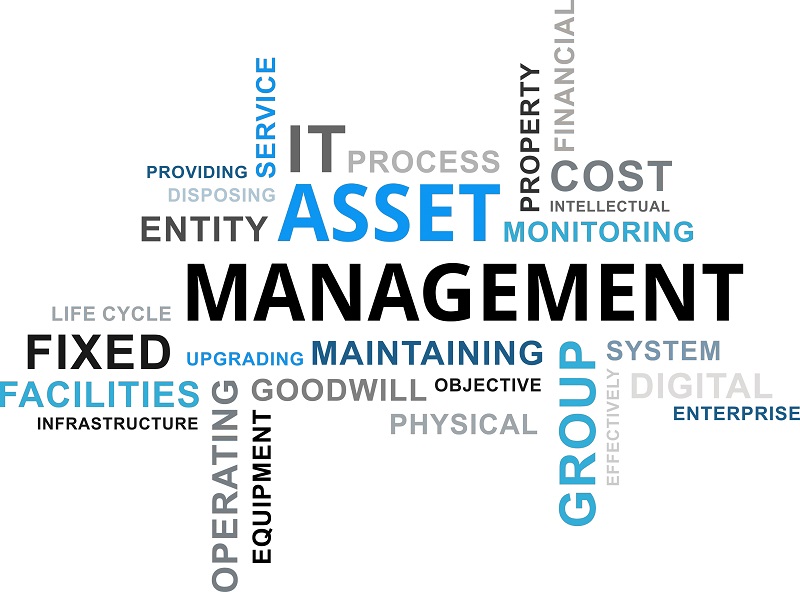
Apart from checking the standing of the lessee, you also have the responsibility of ensuring that the asset under lease is well managed. This is fundamental to the overall achievement of your business objective, because the lessee will only be motivated to pay if the asset under lease is in existence and functional. The fact that you have little or no control on the usage of the equipment makes this task difficult. These include:
- Maintenance of Lessor’s Legal Right: It is not safe to assume that legal ownership of equipment resides with you, the lessor. Adequate steps should be taken to document your legal right in the assets. This should start with all documents of purchase. For instance, documents such as bill of lading, official invoices, cash receipt, and other evidence of purchase must be in your name. The master lease agreement must state categorically that the lessee cannot in any circumstances sell, mortgage, charge, assign, or part with the possession of or otherwise deal with the equipment on lease in any manner inconsistent with your ownership right. In addition, you must ordinarily and clearly tag and label the equipment on lease, to further assert your legal ownership.
- Physical Maintenance: This technique of asset management under operating lease remains the most vital of all others. This is so because, it is through adequate and timely maintenance of the equipment that the expected useful life of the equipment can be ensured and probably elongated. It is also true that operating lease agreement will be binding only if the asset is functional. If not, you stands the risk of losing your periodic rentals. Even in finance lease, the lessee will not be motivated to continue rental payment if the asset is not functioning properly and so must ensure that the lessee maintains the equipment appropriately.
Most leasing companies in Nigeria are financial institutions. As a result, the practice whereby a leasing company operates a maintenance workshop for servicing and repairs of equipment on lease is not common. However, some dealer leasing companies have maintenance workshops outlets. The general practice however, is for the leasing companies to contract the maintenance services to a third party, where the lessees are directed to for regular maintenance and repairs of equipment on lease. For immovable equipment such as factory machinery and in some cases office equipment, the you either maintain a standby maintenance team in the factory or contracts the maintenance of the machines to another company that has technical know-how of the equipment involved. In special cases as it is found in the oil industry, maintenance arrangement could involve employing experts who will install and maintain the equipment.
Service report should be maintained in order to have the history of the working condition of the equipment. The basic objective of this approach, is to keep the equipment in a serviceable condition at all times throughout the lease period.
- Usage Terms and Conditions: Another simple technique of asset management is to simply specify the usage terms and conditions of equipment in the main lease agreement. For instance, it may be stipulated that the equipment should be operated for a specified number of hours per day and that only certain category of persons should be allowed to operate the equipment. It should be noted that many lessees, especially in the oil industry prefer operating leases since they expect to overburden the equipment. This generally results in little, if any, residual value at the end of the lease term. They would rather lease not own, a rapidly depreciating asset. Where the leasing company is aware that the lessee will extensively use the equipment, it is advisable to factor the price of the excess wear and tear on the equipment into the lease structure accordingly and to be very conservative in valuing the residual of such equipment.
As a protection technique, the lease agreement could contain a clause requiring the lessee to use the asset in a careful and proper manner. This provides further protection to the lessor, in case the lessee misuses the asset and thereby injures a third party or damages the equipment. For example, lease agreement could contain a provision like this. “Lessee shall use the equipment in a careful and proper manner in conformity with manufacturer’s specifications and shall comply with all federal, state, local governments Laws and other laws, ordinances and regulations in any way relating to the possession of the equipment.”
Based on the above, we kindly recommend that you maximise the opportunity of the ELAN initiative “Ask ELAN” to get a one-on-one solution approach on this area or any other area of interest to you, that would lead to better organisational performance in leasing. Would you want to visit us or we visit you? Kindly contact us on 08023176691, info@elannigeria.org

